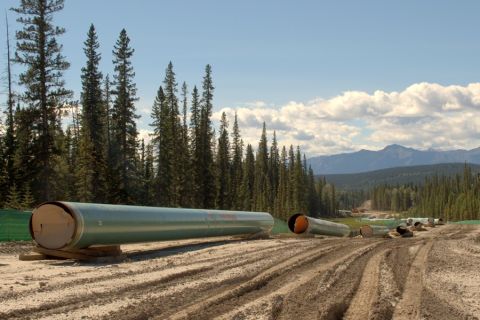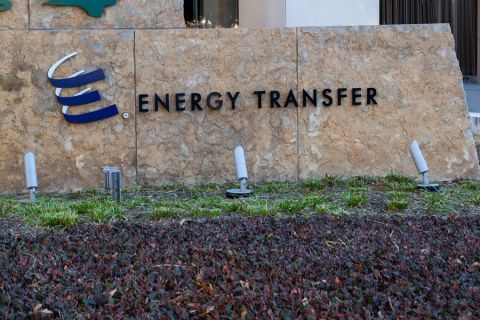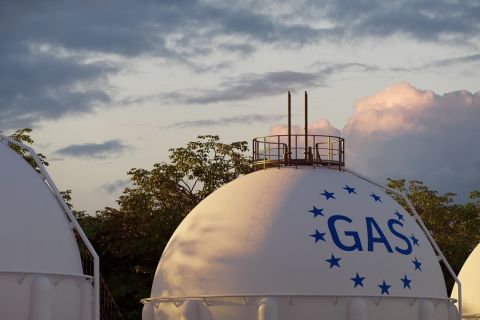The notion that oil and gas companies are slow to adopt change lies somewhere between truth and reality. It is a common refrain from service providers touting their latest mouse trap to say it’s been met with skepticism and reluctance. What is just as common, however, are examples of companies quickly shifting gears when faced with a significant challenge or opportunity.
One such example is occurring in water management practices, particularly in the Permian Basin, where extremely high water cuts—and a huge demand for water for fracturing operations—have forced companies to seek innovative solutions. The result has been a water management landscape that has evolved during the past few years to feature a wide range of reuse and recycling practices that are friendly to both the environment and to bottom lines.
Among the most recent efforts was The Water Challenge Program (WCP), a one-year pilot program conducted by researchers at the Houston Advanced Research Center (HARC) and funded by the Cynthia and George Mitchell Foundation.
Andra Wilcox, HARC’s lead researcher on the WCP, said the program was created to offer a tool for companies to undertake and document voluntary water conservation efforts through cost-effective practices that address environmental issues.
During the course of the study, researchers conducted literature and case study reviews, toured several operator sites in the Permian Basin and met with regional stakeholders to get a sense of the industry’s current commitments and practices.
“We wanted to have all of the stakeholders in the same room and to have them talk to each other and get a sense of what their concerns are, what their fears are and what really goes into protecting groundwater, protecting land, protecting water sources, especially in parts of Texas where water is pretty scarce,” Wilcox said.
Among the companies that contributed in some capacity in the study were Shell, Hess, Pioneer Natural Resources, Southwestern Energy, Chevron, Devon Energy and BP.
“What we learned in this is the biggest challenges focus on logistics,” Wilcox said.
Among the logistical challenges the WCP identified were transporting water to and from well sites, water storage and the need for improved infrastructure. The program’s findings also included identifying logistical opportunities.
Wilcox explained that there was some initial thought given by the HARC team to, if not make it a permanent project, extend the WCP beyond its one-year scope. However, Wilcox said the team found that many companies were already taking part in the “most applicable practices,” as the study deemed them.
“One of the takeaways was there are opportunities for common infrastructure, shared or regional collaboration among the operators,” she said. “Well, now I’m seeing that some of the companies are doing exactly that.”
An example of such a collaboration was announced in late January when the University Lands (UL) in the Delaware Basin selected a joint venture between H2O Midstream and Layne Water Midstream to be the exclusive provider of water services on 167,000 acres in three Texas counties. Under the agreement, the joint venture, UL Water Midstream LLC, will source groundwater and gather, store, transport, recycle and dispose of produced water from oil and natural gas wells.
More challenges in Permian Basin water management will eventually present themselves, such as the inevitable drought and possible seismicity issues. But companies have proven that, when it comes to managing water issues, they are more likely to adopt innovative new solutions than be reluctant to try something new.
Recommended Reading
For Sale? Trans Mountain Pipeline Tentatively on the Market
2024-04-22 - Politics and tariffs may delay ownership transfer of the Trans Mountain Pipeline, which the Canadian government spent CA$34 billion to build.
Energy Transfer Announces Cash Distribution on Series I Units
2024-04-22 - Energy Transfer’s distribution will be payable May 15 to Series I unitholders of record by May 1.
Balticconnector Gas Pipeline Back in Operation After Damage
2024-04-22 - The Balticconnector subsea gas link between Estonia and Finland was severely damaged in October, hurting energy security and raising alarm bells in the wider region.
Wayangankar: Golden Era for US Natural Gas Storage – Version 2.0
2024-04-19 - While the current resurgence in gas storage is reminiscent of the 2000s —an era that saw ~400 Bcf of storage capacity additions — the market drivers providing the tailwinds today are drastically different from that cycle.



